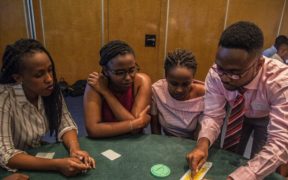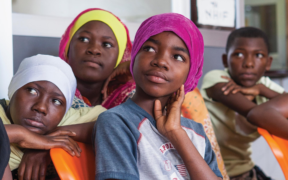Category:
gender norms
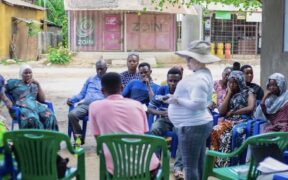
In 2023, Young and Alive Initiative are working in partnership with USAID, and IREX through the youth excel project, we are implementing a gender transformative program for adolescent boys and young men in the southern highlands of Tanzania. The reason we focused on men this time is because men and boys have often been overlooked in discussions around SRHR and gender.
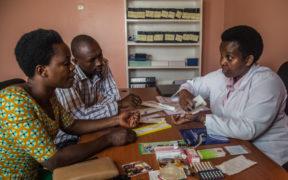
Analyzing the impact of gender inequities on contraceptive decision-making experiences through the lens of a power framework can provide critical insights. These can give programs a better understanding of how to address barriers to women and girls’ access to and use of contraception.
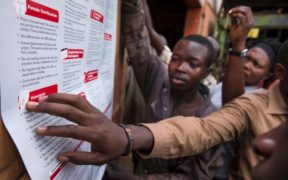
The COVID-19 pandemic has disordered the livelihoods of adolescents and young people across Uganda’s communities in many ways. With the first COVID-19 wave in March 2020 came the adoption of containment measures, such as the closure of schools, movement restrictions, and self-isolation. As a result, the health and well-being of young people, especially adolescent and youth sexual and reproductive health (AYSRH) in Uganda, took a hit.
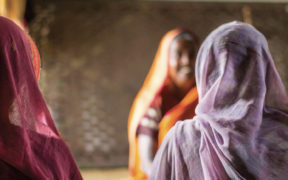
Gender and gender dynamics affect knowledge management (KM) in complex ways. Knowledge SUCCESS's Gender Analysis revealed many challenges arising from the interplay between gender and KM. This post shares highlights from the Gender Analysis; offers recommendations for overcoming key obstacles and creating a more gender-equitable KM environment for global health programs, particularly in family planning and reproductive health; and offers a guiding quiz for getting started.
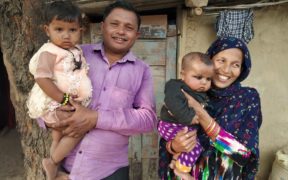
Today, Knowledge SUCCESS is pleased to announce the first in a series that documents “What Works in Family Planning and Reproductive Health.” The new series will present, in depth, essential elements of impactful programs The series uses innovative design to address some of the barriers that traditionally discourage people from creating or using documents that share this level of detail.
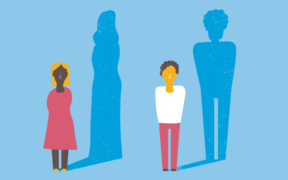
Le session "Conversations connectées : Partenaires" a examiné les principaux acteurs qui améliorent la santé reproductive des jeunes.




